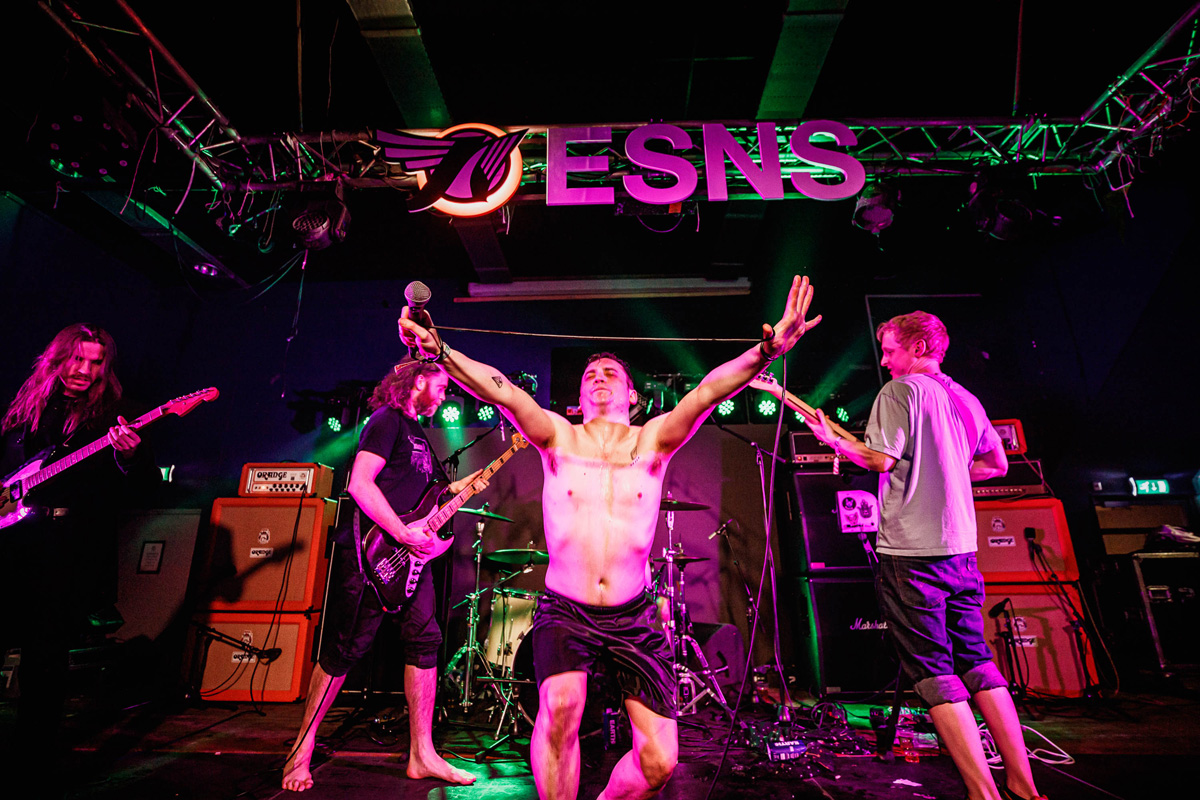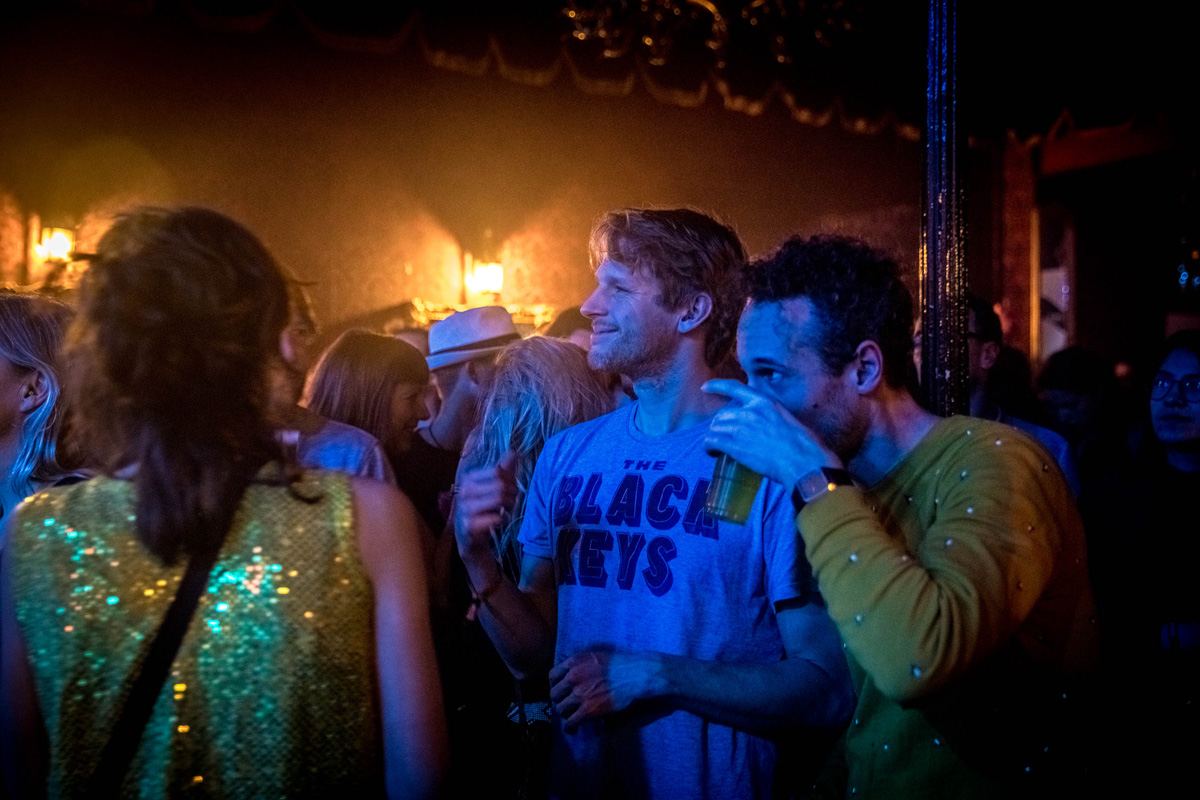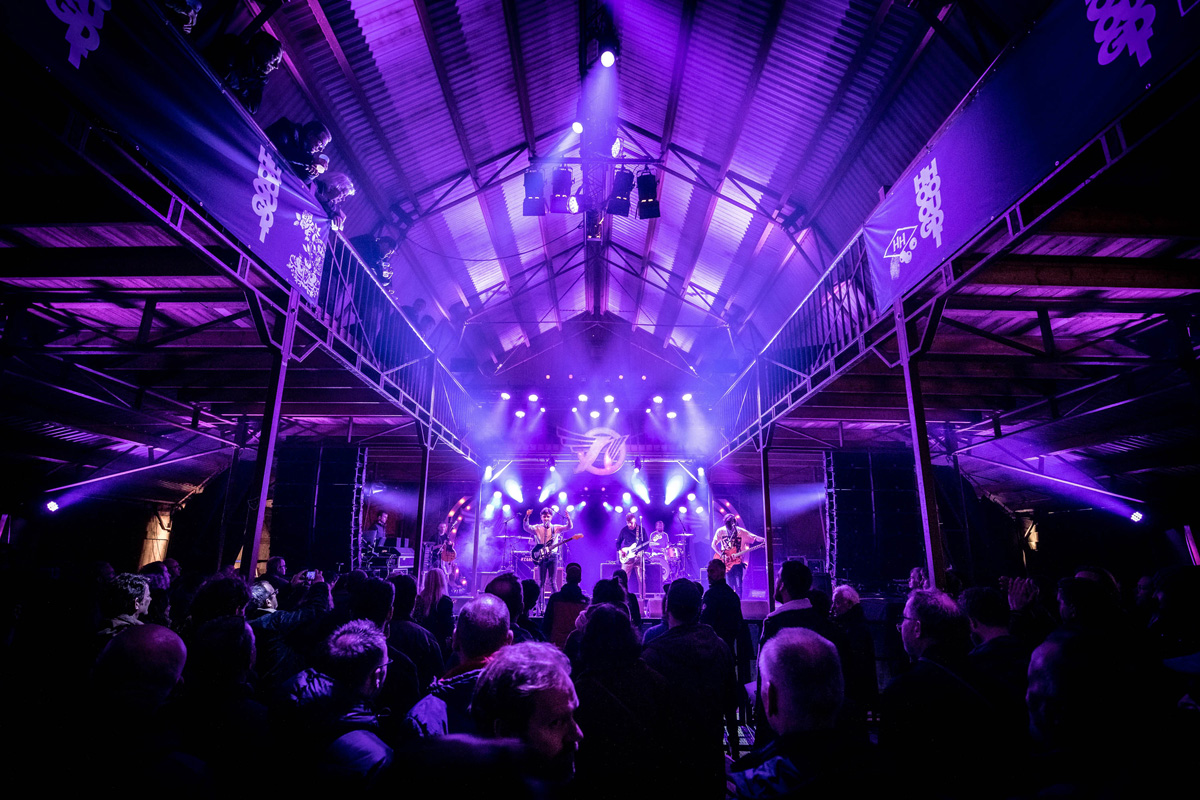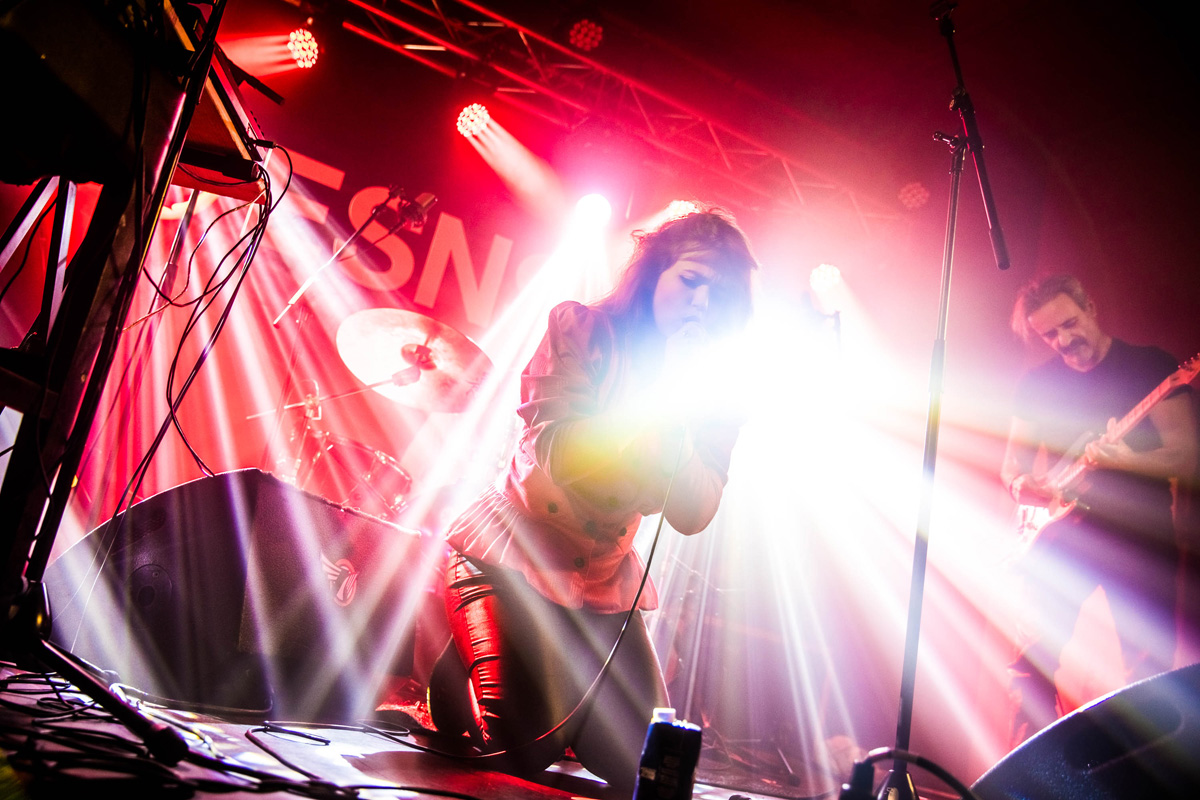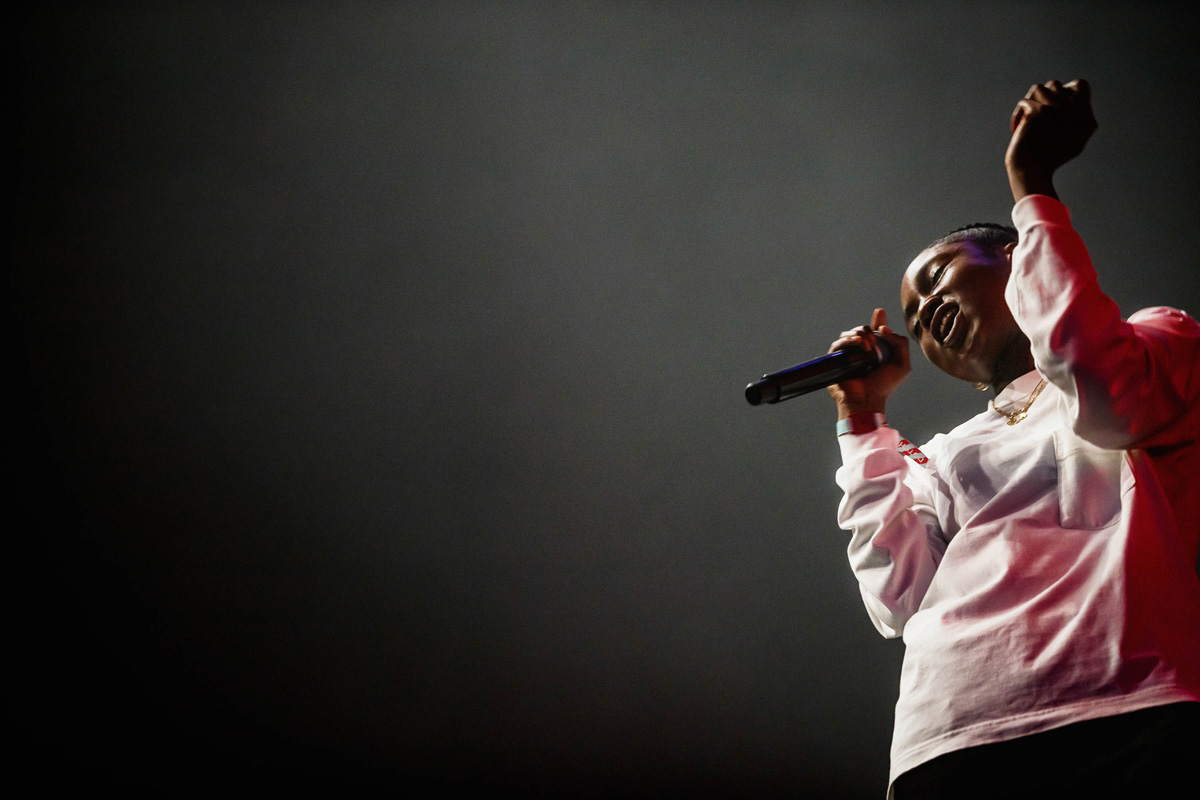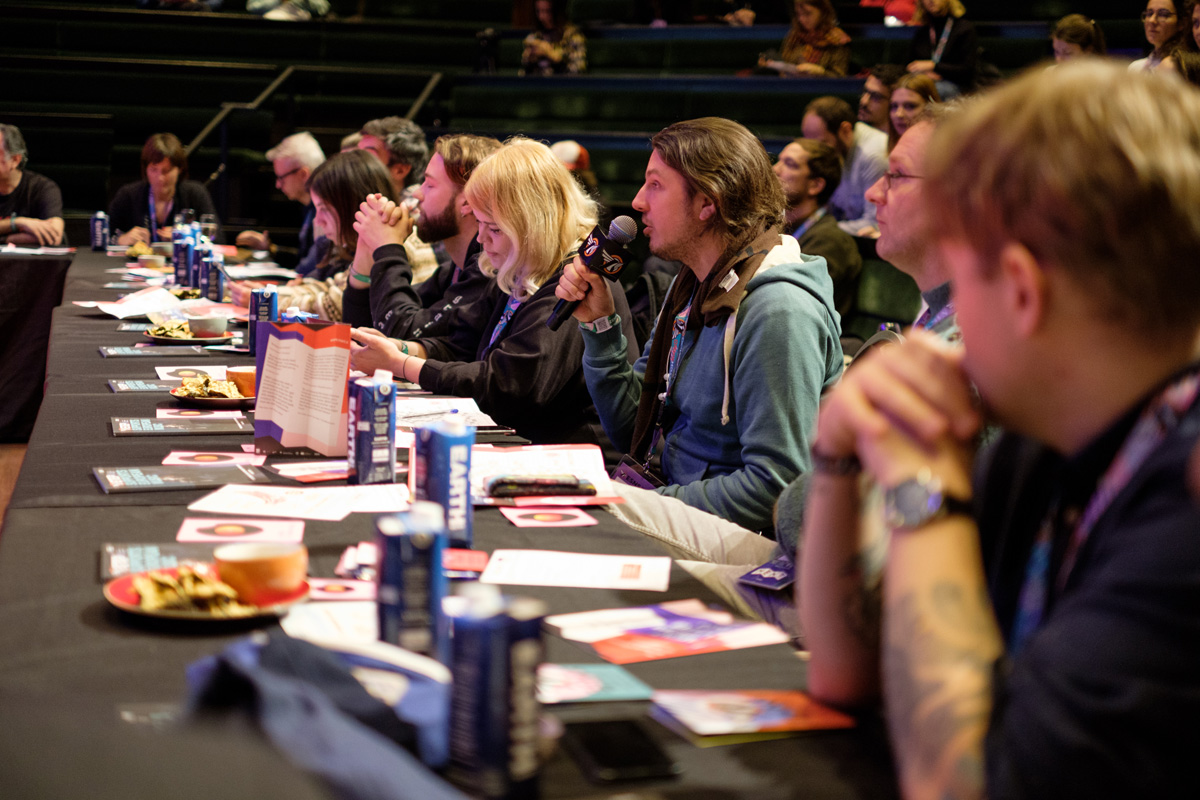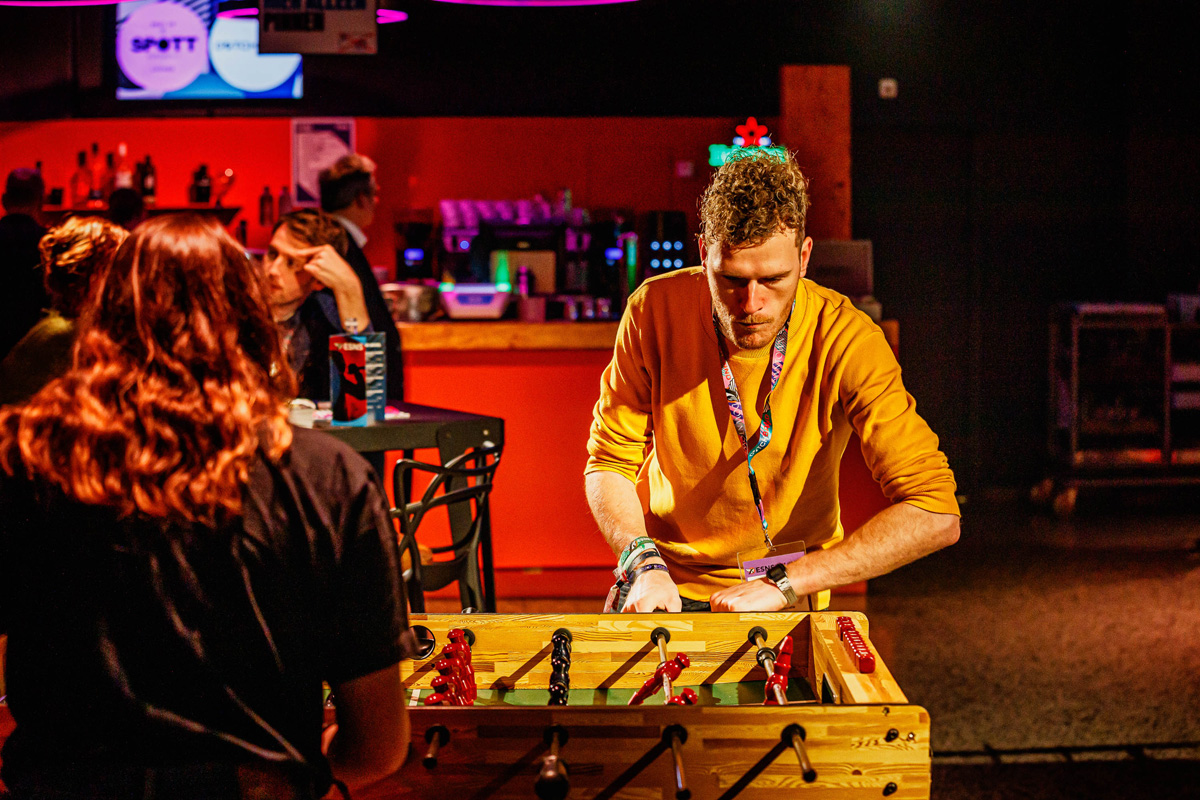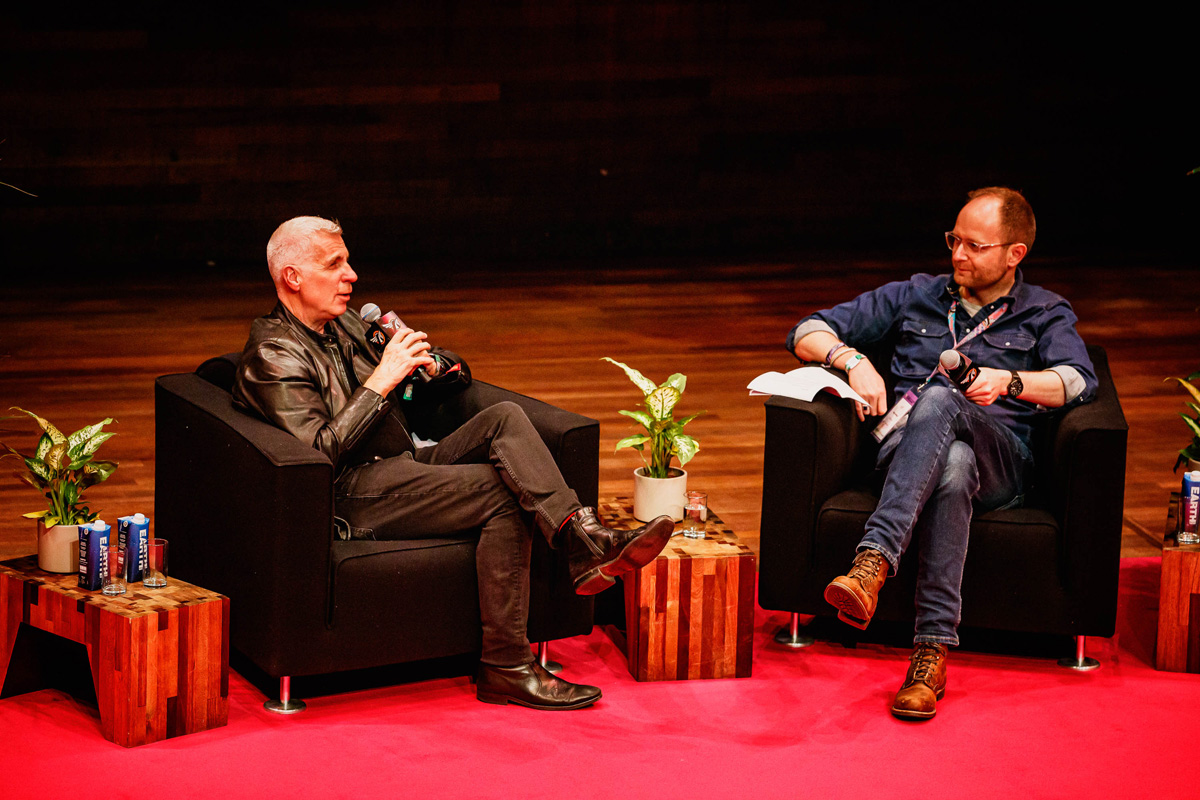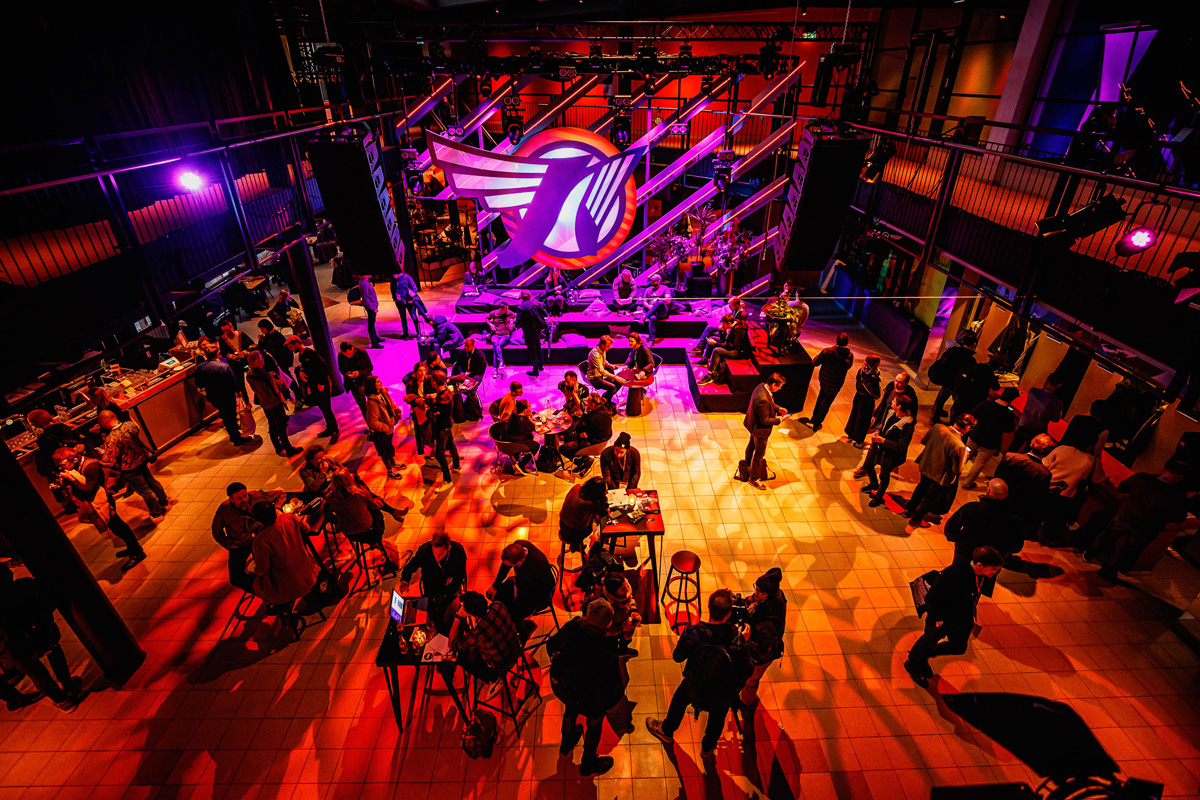We talked to ESNS head of conference and head of ETEP Ruud Berends about next year’s festival edition and the importance of Europe’s music industry working together.
text Isabel Roudsarabi
photos Bart Heemskerk, Jorn Baars, Nienke Maat
reading time 7 minutes
2020 has been a year of loss and desperation, a year of uncertainty and anticipation and anger. Especially the event and music industry was hit hard, when touring couldn’t continue and close to no festivals were able to take place. Today, even though vaccines have been developed and fundings have been implemented (there is definitely room for discussion on the sufficiency of the latter), we are still not a lot closer to knowing, when the industry will be back up and running again.
But at least one ray of hope greets us in the beginning of next year, uniting the industry virtually to discuss rebuilding its future: Eurosonic Noorderslag.
The festival was founded in 1986, as a battle between Dutch and Belgian bands, and has since been developing to become one of the most relevant conferences and showcases in Europe today. Eurosonic is the first part of the festival, with artists from all over the continent performing in venues all over the city of Groningen, NL. On Saturday, the forth day of the event, a special focus is set on Dutch bands with Noorderslag festival. During the entire festival, the international conference is held at De Oosterpoort, which more than 4.000 music professionals, including 400 festivals and showcases, attend.
With the introduction of ETEP, the European Talent Exchange Programme, in 2003, ESNS even went a step further and promotes artists far beyond the borders of their own festival. The initiative tries to increase diversity in European music and works together with festivals from various countries, to increase exposure and boost international careers for its artists. More than 1500 bands and solo-artists have been part of the programme, some of which have since been enormously successful, including Dua Lipa, The XX, James Blake or Calvin Harris.
From 2011 to 2015, there was a sub-programme to ETEP, which was called Central Eastern European Talent Exchange Programme - or for short: CEETEP. It focussed on Central Eastern European countries, because they didn’t yet play a role in European music at that time. Together with festivals from those countries, touring and repertoire of artists from CEE countries, were increased and more than a hundred shows by 74 acts set up.
For this next ESNS edition, the partner “country” will be ‘Europe’ and the theme :’The Road to Recovery’ - both couldn’t have been chosen better to demonstrate the current situation.
We had a chat with head of conference and head of ETEP Ruud Berends, about what the festival will look like in 2021, what the idea behind ETEP and CEETEP is all about and why it’s so important, to unite Europe’s music industry.
Hey Ruud, thanks for taking the time to answer a couple of questions!
You begun working in music, when you opened up a youth club in your hometown – how did that come about?
It was in the 80s and there where no clubs or places to go or things to do for the youth, so we squadded an old barn and converted it into a youth club/venue/home away from home. Did that for about 8 years.
What is your drive for working in the music industry?
I love music, I love organising and I am lucky to be able to make a living from what I love.
What part of your career are you most proud of?
That's difficult. I was a European Agent for half my career and proud that I was the Agent for many amazing international acts, but equally proud on what we achieved with ESNS, ETEP, CEETEP and the export of Dutch Music.
Was there ever a time, when you thought about doing something else entirely?
I think we all have those moments, but then, most of us realise that we have no other qualities or education or network…although in the light of the current crisis this…
You’ve been working at/for ESNS since 2003, right? How would you describe the festival then and now? Has the spirit changed at all?
In 2003 I joined ESNS and became part of it, instead of being an agent offering acts and attending as a delegate. ESNS in those days was smaller, we had around 400 delegates and 1 Eurosonic day. We quickly added the Thursday with Dutch acts, as well as Conference days and it took off and grew very quickly, especially internationally. It was exciting to develop the whole event. I mainly worked at the international part, growing our reach with programs like ETEP and CEETEP. In connection, we expanded the export of Dutch talent with support programs and the Dutch Impact Parties at the increasing number of other international showcase events.
ETEP's idea is to stimulate the circulation of European artists by having them perform at European and later international festivals in countries outside their home country. The whole concept, structure and goals of ETEP was invented and set up by Peter Smidt, the founder of ESNS, and me. Festivals are ideal for this, as they are national platforms where interested audiences come together with national media and music industry professionals.
All the bookers of the ETEP festivals come to ESNS to choose fresh, new European acts for their festivals in the same year.
It works very well and there is a real spirit of building new artists on the festivals and internationally together with the support of the EBU (European Broadcasting Union - all the national radio stations in Europe), Festival organisation Yourope and the European music media. The results of ETEP surprise me every year.
Well, my first thought is a special program we developed in addition to ETEP. We called it CEETEP - Central Eastern European Talent Exchange Program - which we developed in the so called CEE countries (formerly known as Central Eastern Europe) which were just waking up when we started. This part of the continent was underdeveloped and not a real part of the touring circuit in Europe, but had great potential and artists. In a couple of years with a small, but efficient program, we worked with 18 festivals and their media partners in 14 countries. We increased circulation of artists from these countries, in those countries, at the participating Festivals. The programme concluded in a focus on all these countries artists and music industries at ESNS 2016, in close cooperation with our CEE partners and especially Fruzsina Szép [Festival & managing director Superbloom, board member of Yourope; editor’s note].
For this years partner “country” you chose Europe. Can you explain how this choice was made and why it was made?
It was made before the pandemic hit us all, as we celebrate our 35th birthday with the next edition. Robert Meijerink, our head of program, and I, came up with this concept, as we felt it was the right moment to focus on Europe, both on a musical, as well as on a political level.
What are your recommendations for next years Festival? Which panels, talks and acts shouldn’t one miss?
I can’t really say, because it’s so different for everyone.
I truly believe that the conference of 2021 will be one of the best ones we ever organised.
It will touch everything we think and hope is relevant for our industry: equality, diversity, mental health, fair pay, streaming, vaccines, instant testing, health and safety, innovation, national and European relations and lobbying between our sector on a political level, sustainability - as that is the next big problem on our agenda -, taskforce presentations and updates on dealing with the Corona crisis, relevant panels and keynotes on the status of the various sectors of our industry, Brexit, the new Creative Europe program by the European Commission, VR & AR, too much to mention all…
What are you most excited about for ESNS 2021?
January is always a special time and ESNS sets the tone of each year, as we are the first festival and conference to take place. 2021 will be even more special, as it is the beginning of a year that will show us the latest on how to restart and renew our industry after these dark months with many worries and emotions. I truly hope ESNS 2021 will be the start of better days for all.
